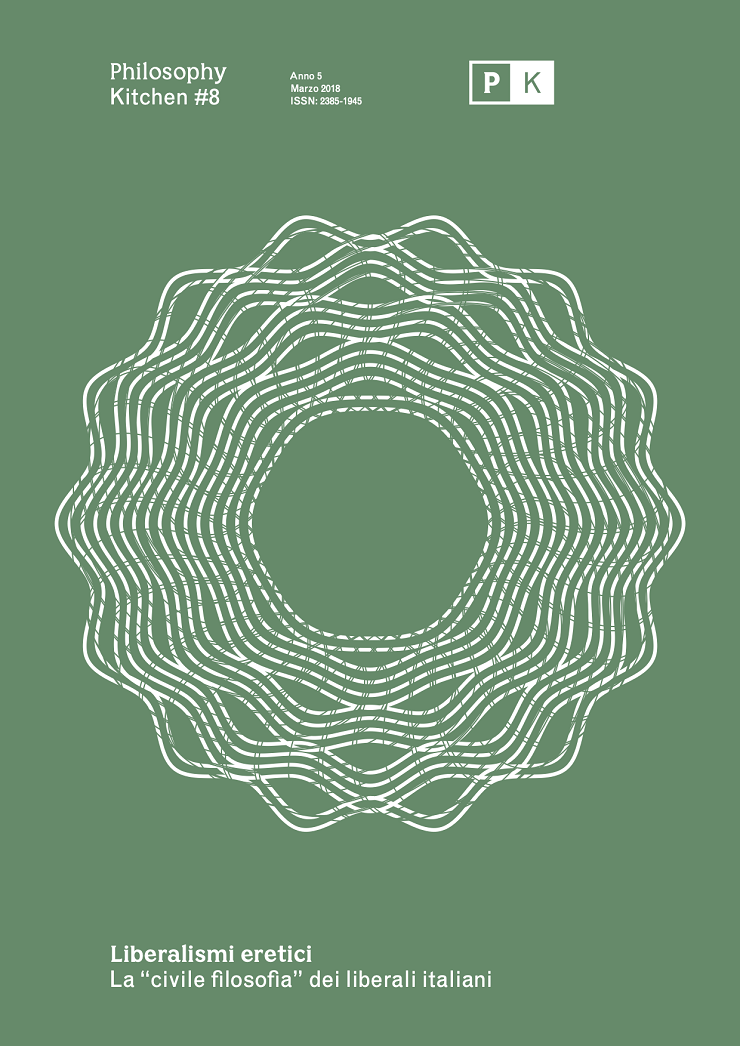Introduction
DOI:
https://doi.org/10.13135/2385-1945/3935Abstract
For some time, some Italian authors active in the disciplinary field of philosophy have been experiencing a remarkable fortune abroad, especially in the Anglo-Saxon area. Thus it was even possible to speak of an Italian Theory, to be placed alongside the French Theory as a resource to be mobilized in view of the construction of a critical discourse on the present. On the other hand, both at home and abroad, a tradition of thought linked to liberalism which, perhaps even more markedly than the Italian Theory, has always placed at the center of its discourse, has completely fallen into oblivion the need to reflect on the meaning of associated life, on the foundations of good governance, on the legitimacy of power, on the link between freedom and justice, on what serves as a prerequisite for the realization of a fully understood democratic life. In general, one could say that from its origins the philosophical discourse in Italy has tied its fates to a reflection on the politician - we could, if we wanted, start this story with Dante's De monarchy. This has almost always happened starting from the need to investigate concrete problems, closely intertwined with the civil and political life of the peninsula or of the individual states that dotted its territory. However, in this issue we wanted to emphasize a peculiar line of thought that, starting from the nineteenth century, reaches the first half of the twentieth century and then somehow covered up, leaving the field for debates of a completely different kind, who seem to be unable (or unwilling) to communicate with it. In short, it is a tradition that seems to have left no heirs.





